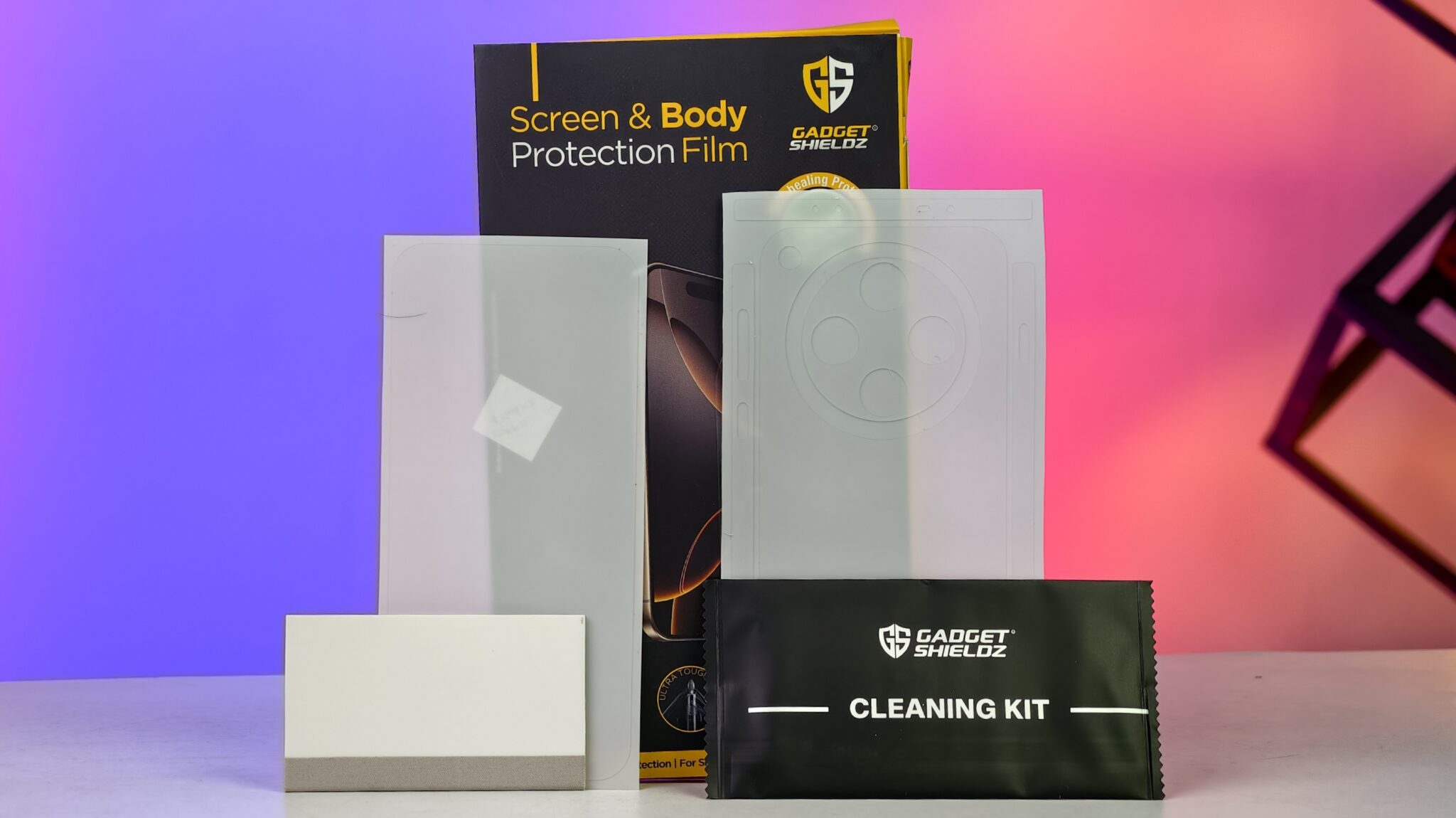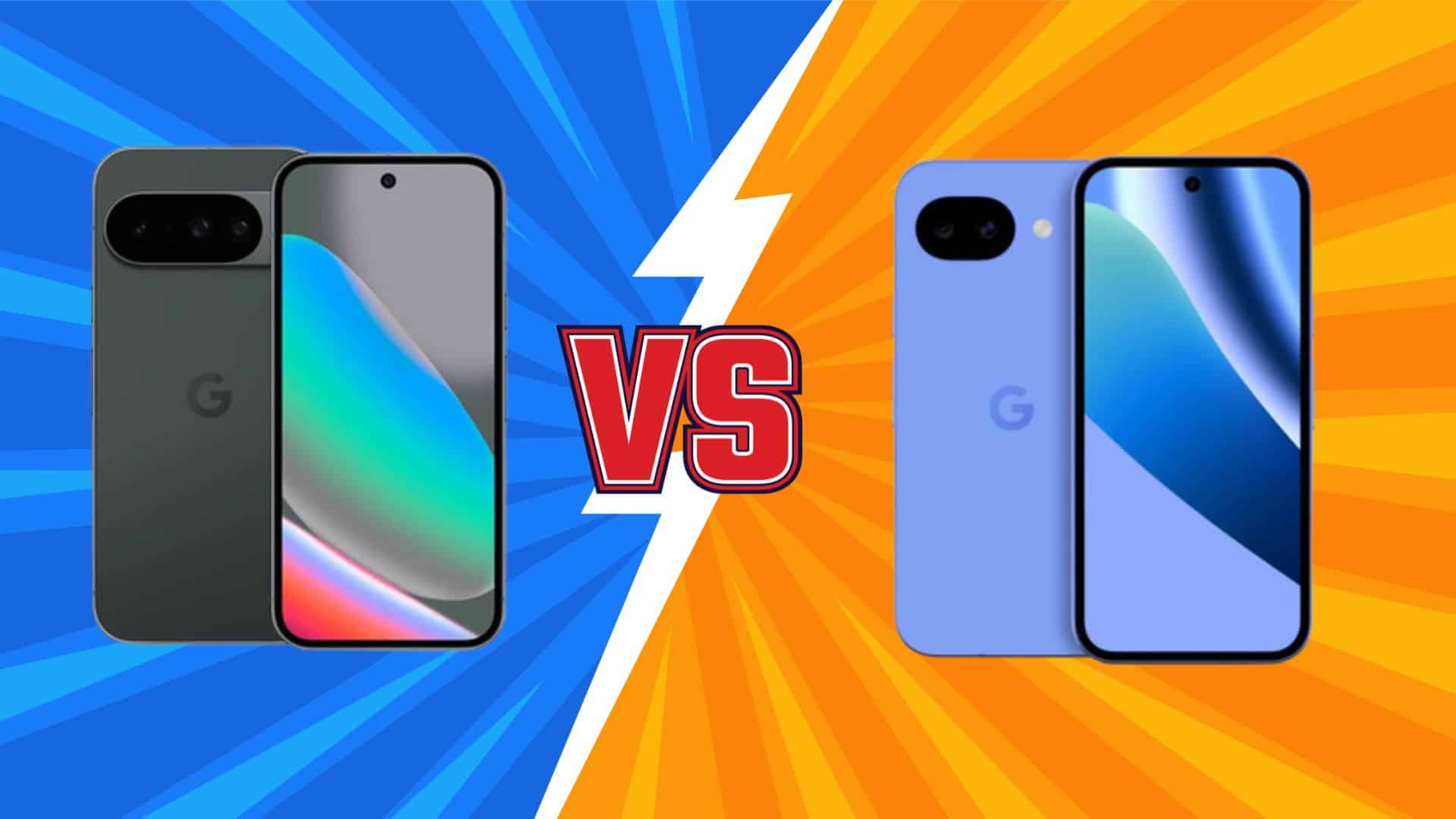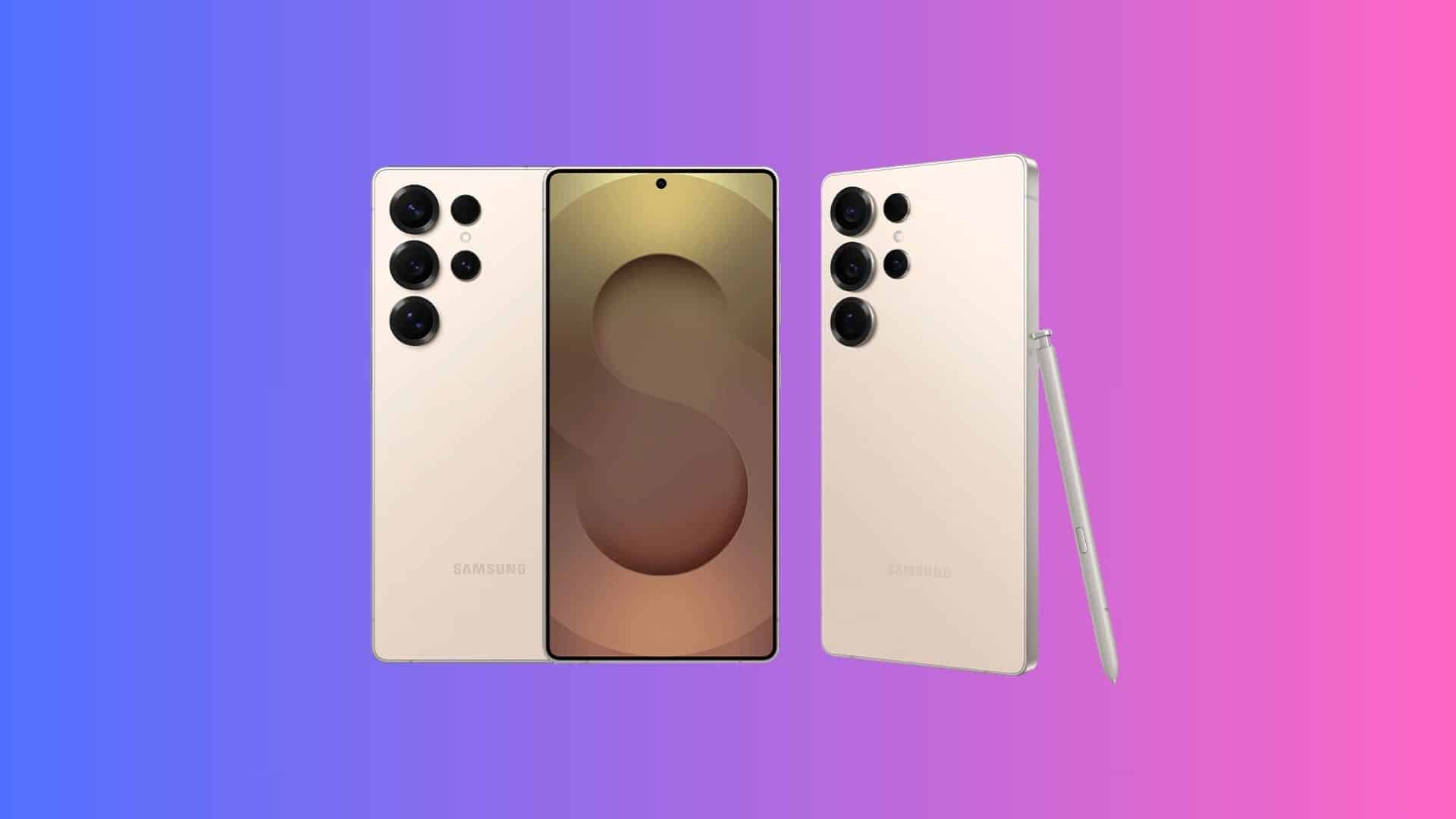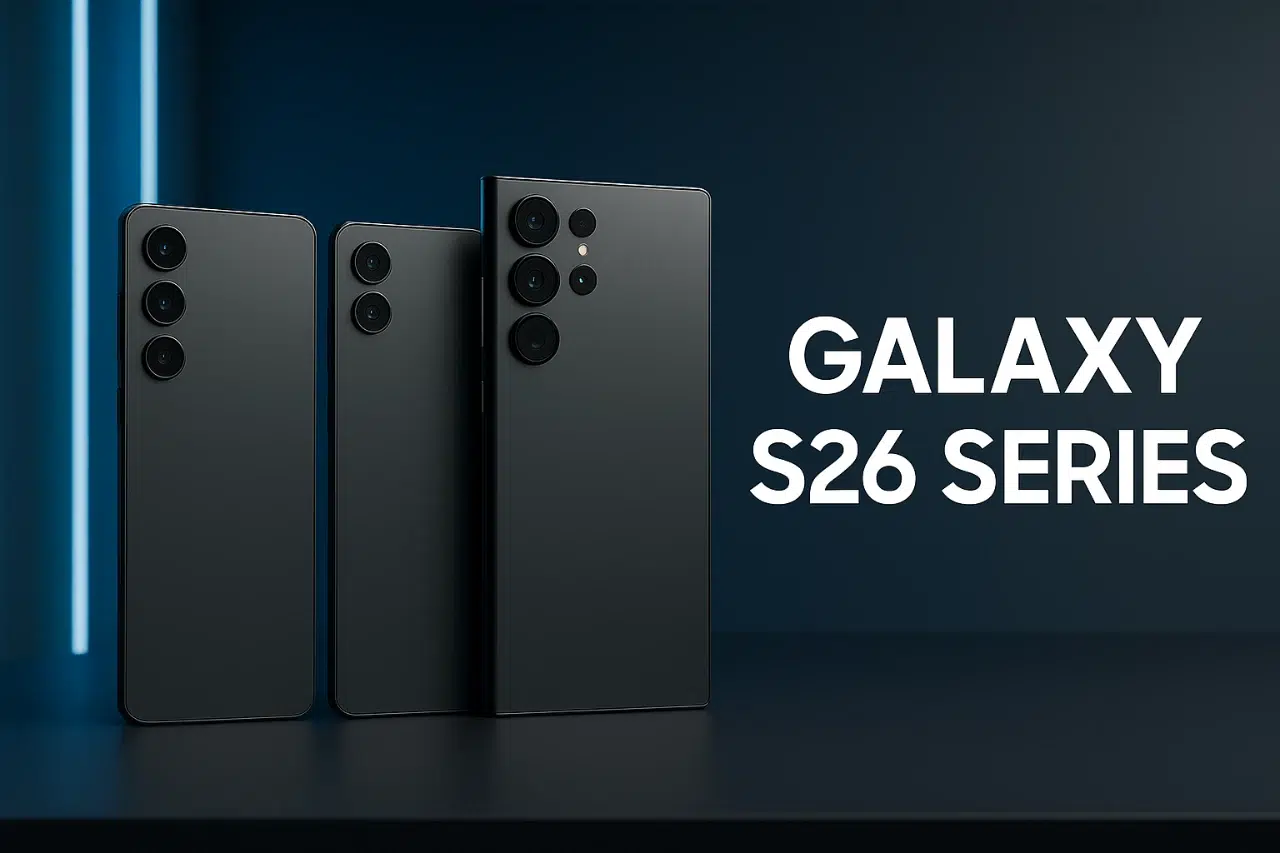Nokia, a company that once dominated the smartphone industry, has been having trouble competing. After attempting to change its product approach in the past, the company is currently primarily focused on producing affordable devices. The Nokia C31, a sub-INR 12,000 smartphone geared at the entry-level smartphone customer, is their most recent offering on the market.
The Nokia C31 offers a huge display, a sizable battery, a triple camera setup, and more for INR 9,999. A smartphone in this price range has a number of difficulties, but the main one is the rivalry from companies like Redmi, POCO, and realme. We’ve had the phone for a little over a week now. So, how does the Nokia C31 stack up against the competition? Let’s find out in our comprehensive review.
Nokia C31 Specifications
Before starting with the Nokia C31 review, let’s glance at the phone’s specifications, pricing, and things we get with the device.
- Display: 6.75-inch HD+ IPS LCD
- CPU: Octa-core Unisoc Unisoc SC9863A processor
- RAM: 2/3GB
- Storage: 32GB
- Software: Android 12
- Main Camera: 13MP primary sensor + 2MP macro lens + 2MP depth sensor
- Selfie Camera: 5MP
- Connectivity: USB Type-C, Wi-Fi 802.11ac, Bluetooth v5.0, GPS/ A-GPS, 3.5mm headphone jack, FM Radio
- Cellular: Dual SIM
- Fingerprint Scanner: Yes, rear-mounted
- Battery: 5,050 mAh, non-removable
- Charging: 10W fast charging
Box Contents
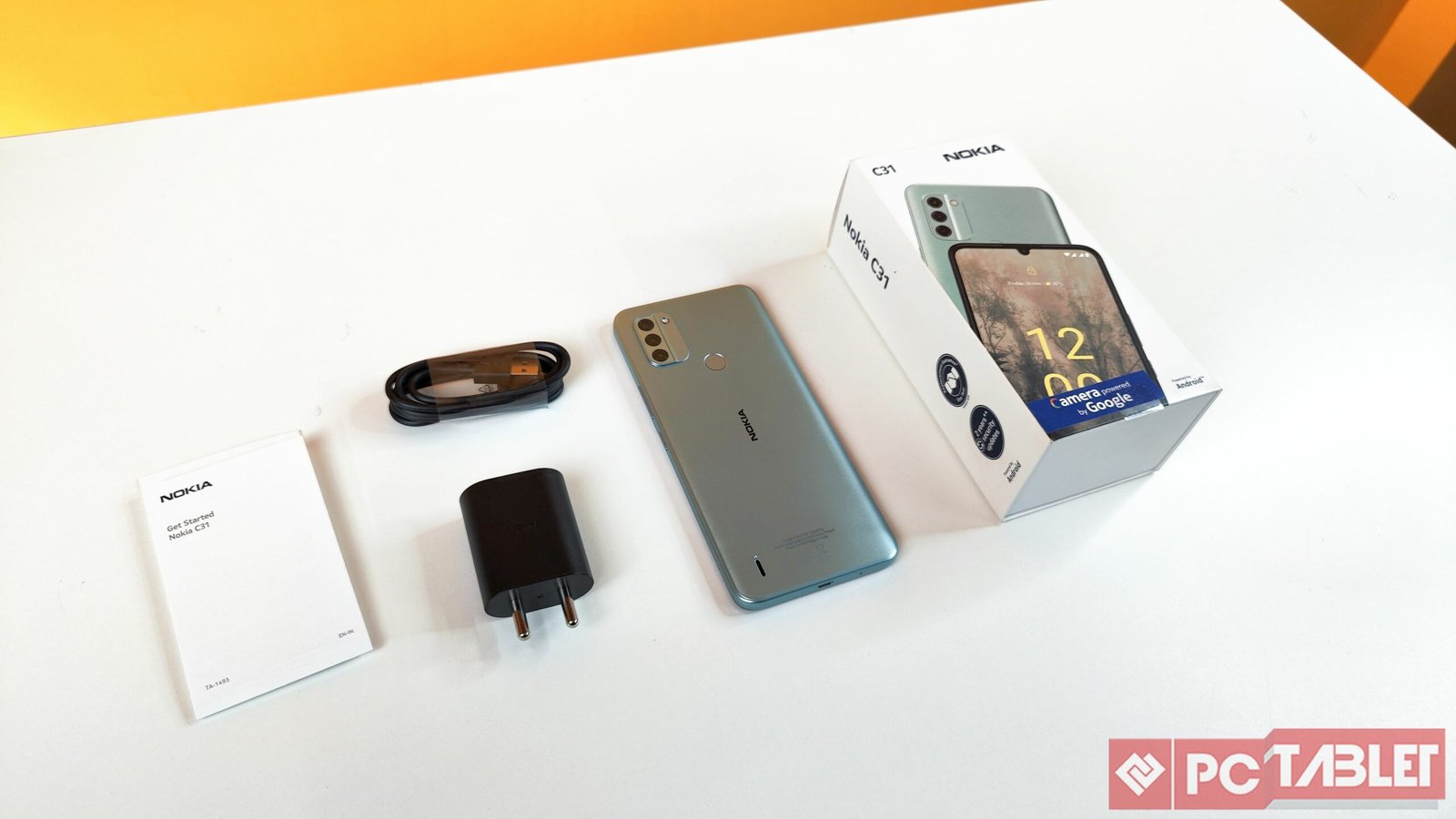 Here’s a complete list of items you get inside the box:
Here’s a complete list of items you get inside the box:
- Nokia C31 smartphone
- 10W Charger
- USB Type-C charging cable
- Sim Ejector Tool
- Documentation
Design
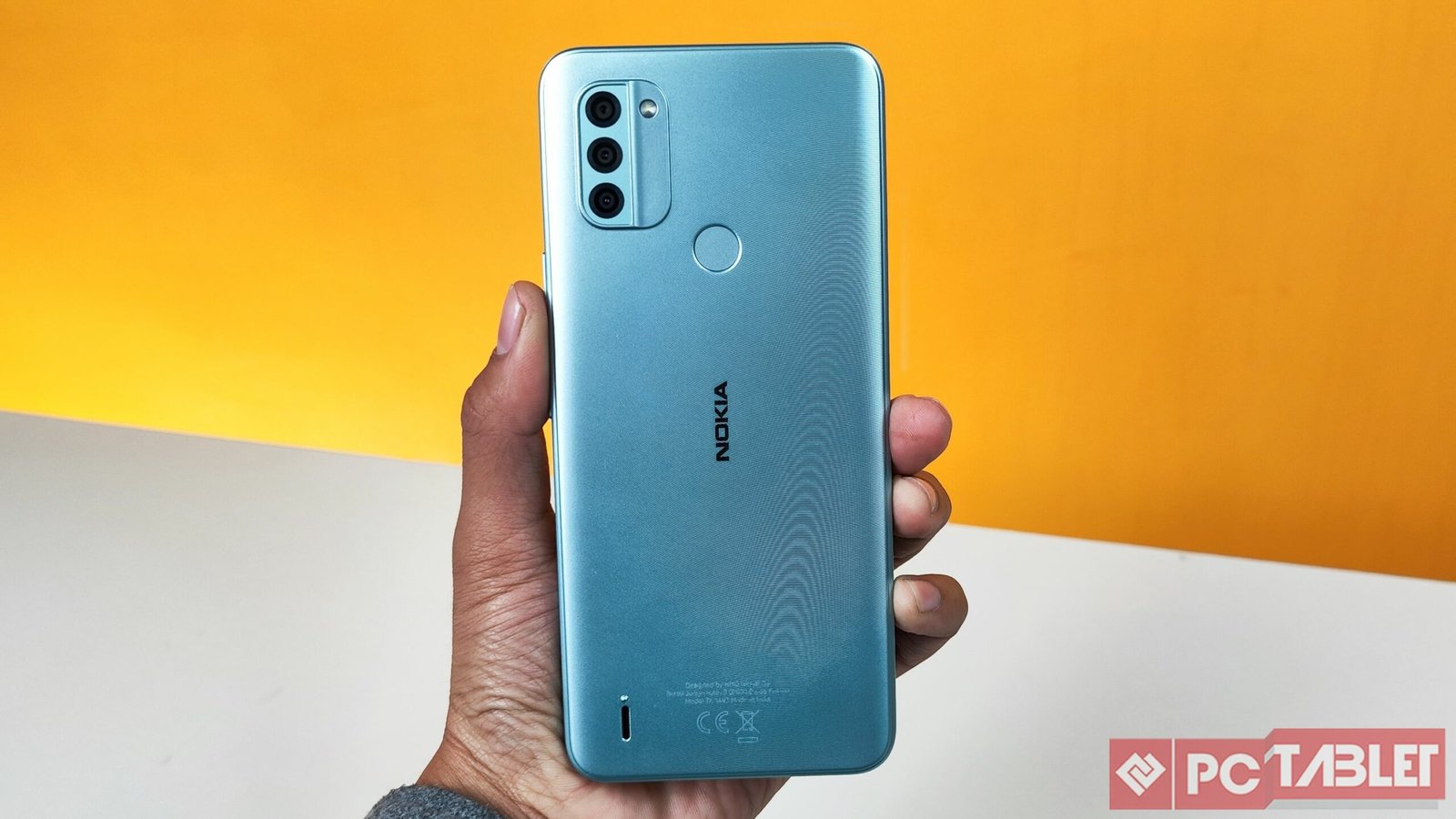 The Nokia C31 is a member of the sub-INR 12,000 segments of cellphones, which are mostly made of polycarbonate. The face of the phone is protected by Gorilla Glass, while the back is made of polycarbonate with a matte finish. A triple-camera module with sensors and a flash is located at the rear of the device. A fingerprint sensor is positioned in the center, while the Nokia logo is located at the bottom.
The Nokia C31 is a member of the sub-INR 12,000 segments of cellphones, which are mostly made of polycarbonate. The face of the phone is protected by Gorilla Glass, while the back is made of polycarbonate with a matte finish. A triple-camera module with sensors and a flash is located at the rear of the device. A fingerprint sensor is positioned in the center, while the Nokia logo is located at the bottom.
When you flip the phone over, the 6.75-inch HD+ IPS display with a dewdrop notch and somewhat substantial bezels will be visible. Unexpectedly, the bottom bezel’s Nokia branding has been deleted, which is a much-welcomed alteration. The power button and volume controls are located on the right, a 3.5mm audio connector is located on the top, and the Type-C connection for charging is located at the bottom of the device.
Display
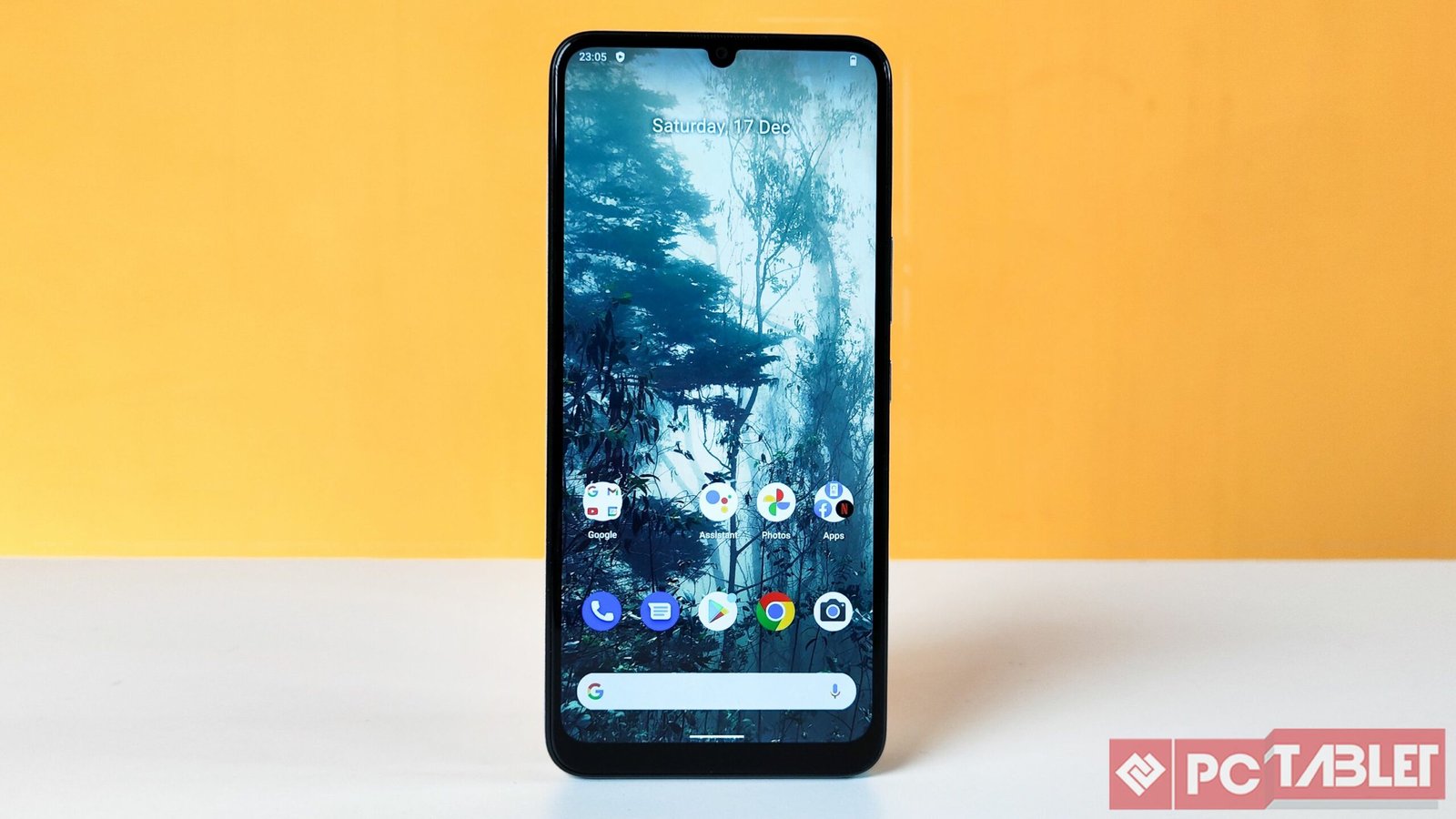 The 6.75-inch HD+ IPS LCD display of the Nokia C31 features a typical 60Hz refresh rate. It is frustrating to see an HD+ LCD display with thick bezels and a dew drop notch when rival companies are selling Full HD+ 90Hz AMOLED panels for less than INR 14,000 in India. In addition, the display has lots of brightness and cooler tones, which are at most passable.
The 6.75-inch HD+ IPS LCD display of the Nokia C31 features a typical 60Hz refresh rate. It is frustrating to see an HD+ LCD display with thick bezels and a dew drop notch when rival companies are selling Full HD+ 90Hz AMOLED panels for less than INR 14,000 in India. In addition, the display has lots of brightness and cooler tones, which are at most passable.
The display is suitable for basic content consumption and occasional light gaming. However, there can occasionally be light bleed and shadows, especially around the notch, which is typical of low-cost smartphones with a dewdrop notch. The issue with the colors may be inconsistent, however, adjusting the color profile in the display settings can fix it.
Software and Performance
 The C31 also runs stock Android, much like previous Nokia smartphones. However, Nokia chose to provide this device with the standard Android 12 build out of the box rather than a stripped-down Android Go build. When compared to the competition, this is an improvement. The C31 should receive up to Android 14 before its end of life thanks to Nokia’s commitment to providing two Android version upgrades and two years of security updates.
The C31 also runs stock Android, much like previous Nokia smartphones. However, Nokia chose to provide this device with the standard Android 12 build out of the box rather than a stripped-down Android Go build. When compared to the competition, this is an improvement. The C31 should receive up to Android 14 before its end of life thanks to Nokia’s commitment to providing two Android version upgrades and two years of security updates.
 The user interface is the same as in any previous complete Android build. By including applications like Nokia care, Nokia photography, and Digital Wellbeing among others, Nokia has made an effort to keep the phone as stock as possible. Bloatware has also been fully removed from this device. The user interface has some cool touches and features, like gestures and fingerprint movements that let you slide up or down on the fingerprint sensor to reach the Notification Center and much more.
The user interface is the same as in any previous complete Android build. By including applications like Nokia care, Nokia photography, and Digital Wellbeing among others, Nokia has made an effort to keep the phone as stock as possible. Bloatware has also been fully removed from this device. The user interface has some cool touches and features, like gestures and fingerprint movements that let you slide up or down on the fingerprint sensor to reach the Notification Center and much more.
The Nokia C31’s performance is supported by the relatively recent Unisoc SC9863A SoC. This same chip was previously used in the Nokia C21 Plus. This is an entry-level chip that hasn’t been used on a product recently, based on its benchmark results. We’re not sure why this processor was chosen over other of the market’s better options, like the MediaTek Helio G37, G80, and even the Unisoc T606.
Having said that, the T606 performs admirably for an entry-level processor. Performance-wise, throughout our regular testing, it was okay. Except for the lengthy app launching delays, there were no significant UI flaws. Both a 2GB RAM and 32GB internal storage device and a 3GB RAM and 32GB internal storage model are available from Nokia.
Camera and Battery
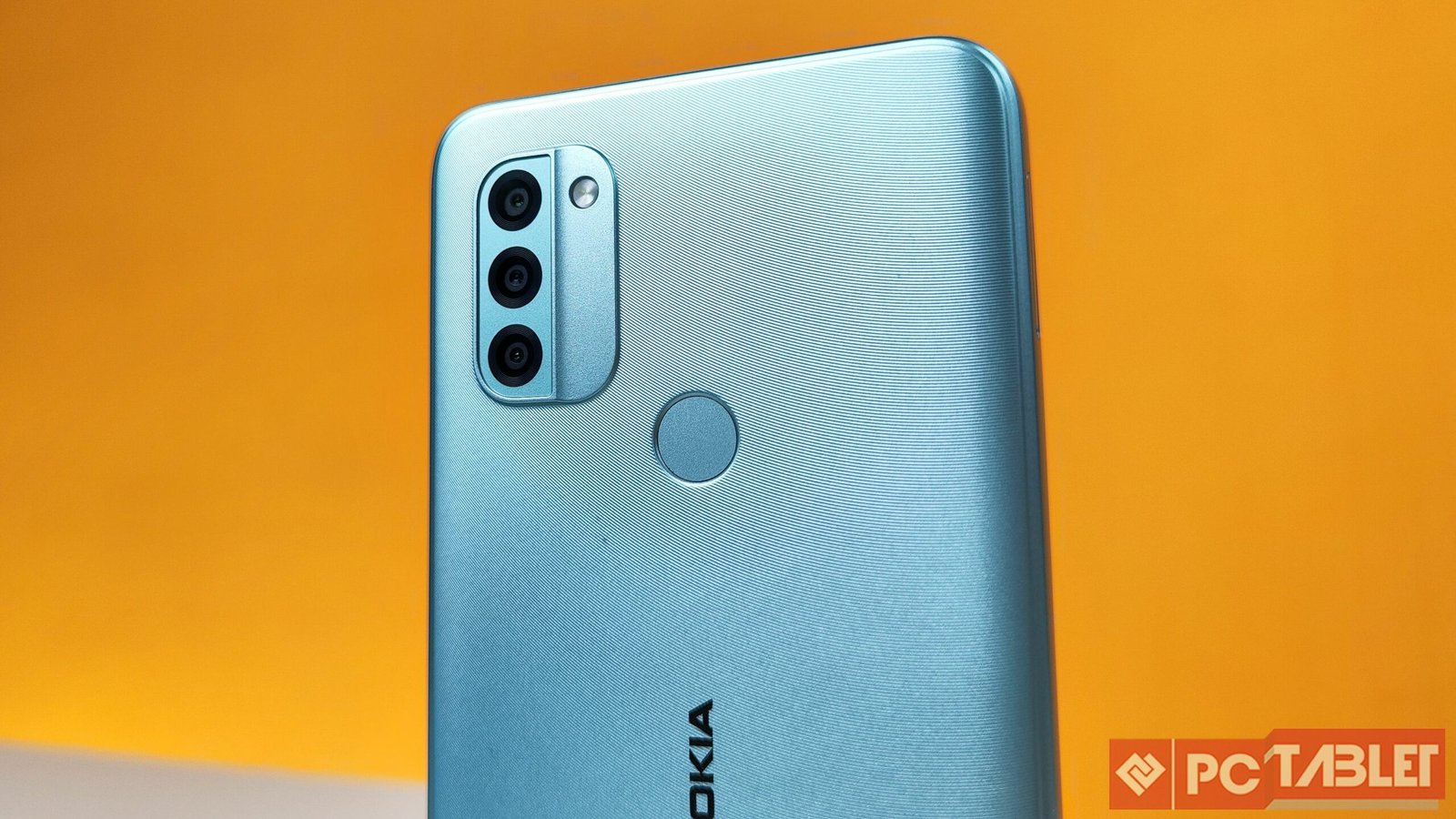 The Nokia C31 includes three cameras on the back, including a primary 13MP sensor and two 2MP auxiliary lenses. The phone has a 5MP selfie camera inside the dewdrop notch on the front. The performance in front of the camera is nothing to brag about. In bright sunlight, the main 13-megapixel sensor’s shots were at most passable and came apart in poor lighting. Edge recognition in portrait photos shot with the phone was passably well, and the app provided further tuning choices.
The Nokia C31 includes three cameras on the back, including a primary 13MP sensor and two 2MP auxiliary lenses. The phone has a 5MP selfie camera inside the dewdrop notch on the front. The performance in front of the camera is nothing to brag about. In bright sunlight, the main 13-megapixel sensor’s shots were at most passable and came apart in poor lighting. Edge recognition in portrait photos shot with the phone was passably well, and the app provided further tuning choices.
 You can shoot images using the 5-megapixel front-facing selfie camera, which does so outdoors with reasonable success. Given this smartphone’s overall camera capabilities, performance degrades in low-light scenarios, which is to be expected given the budget price tag.
You can shoot images using the 5-megapixel front-facing selfie camera, which does so outdoors with reasonable success. Given this smartphone’s overall camera capabilities, performance degrades in low-light scenarios, which is to be expected given the budget price tag.
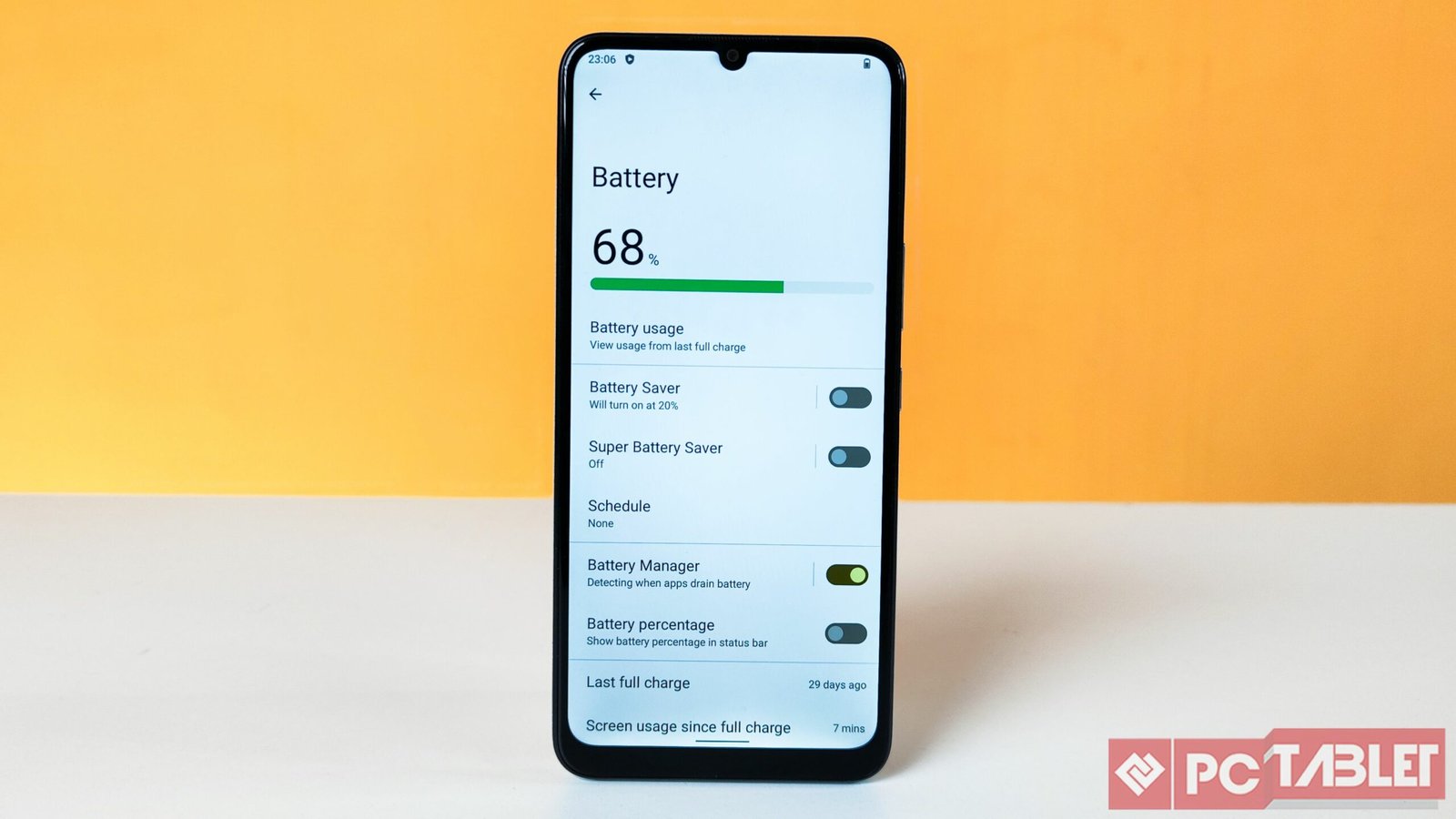 The 5,050mAh battery on the C31 is more than plenty for a phone of this size and capability. In our tests, after a long workday, the phone still had roughly 30% of its battery. In several of our experiments, we played video games, watched movies, texted, and placed calls. The phone needs more than two hours to fully charge using the included 10W charger.
The 5,050mAh battery on the C31 is more than plenty for a phone of this size and capability. In our tests, after a long workday, the phone still had roughly 30% of its battery. In several of our experiments, we played video games, watched movies, texted, and placed calls. The phone needs more than two hours to fully charge using the included 10W charger.














